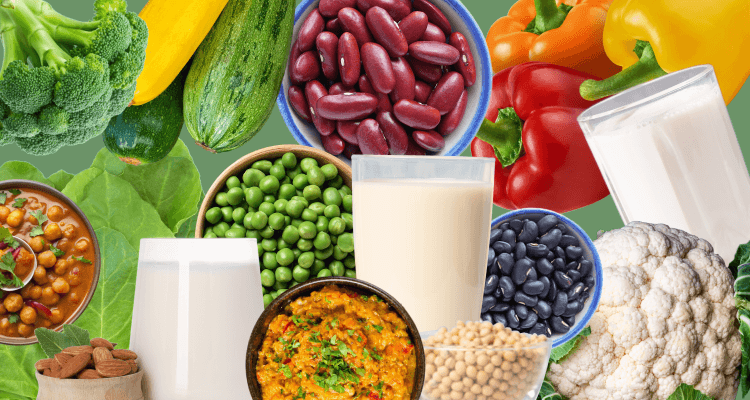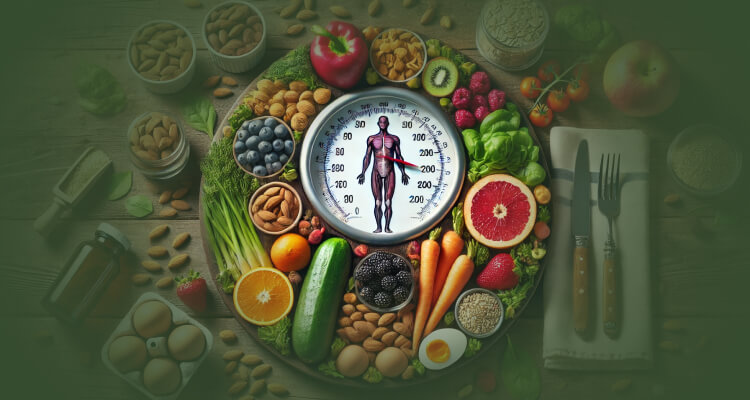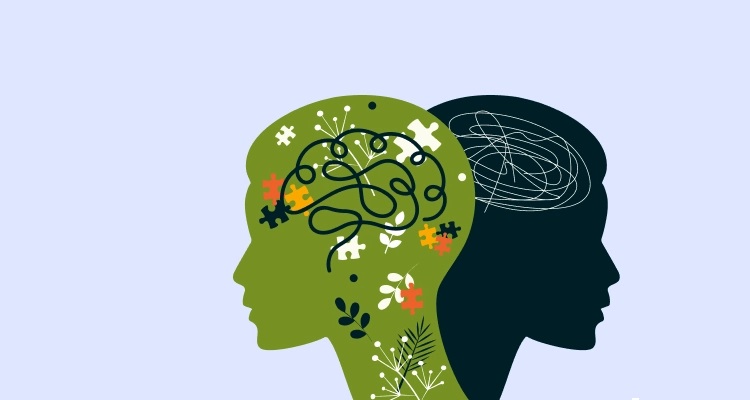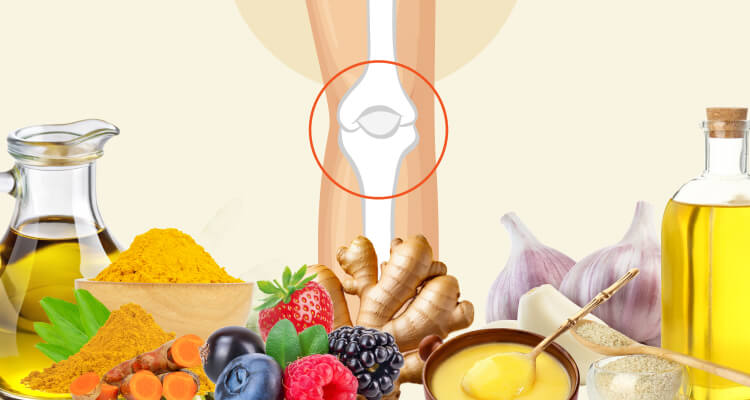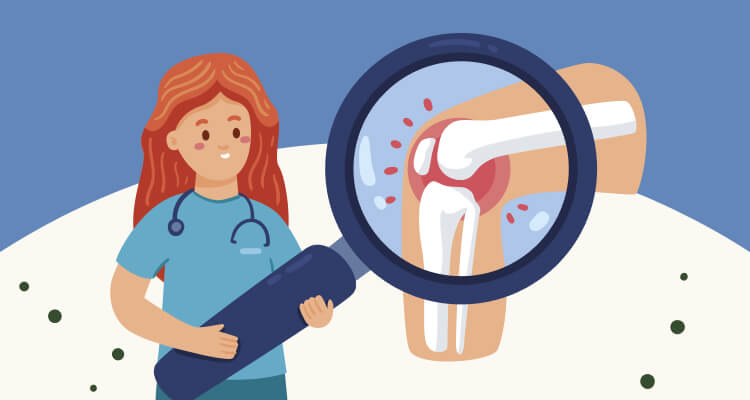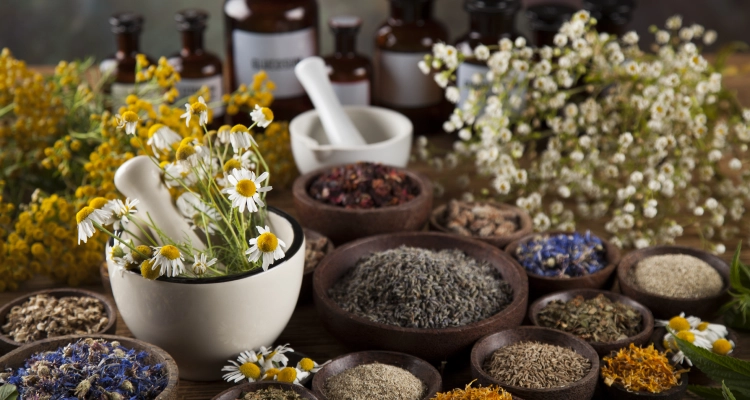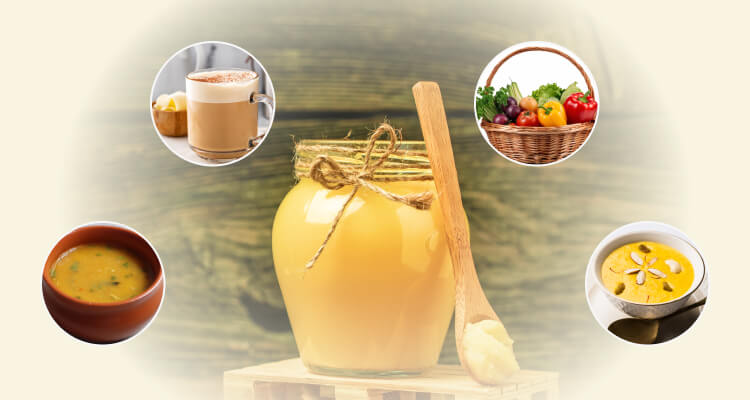Severe joint pain and inflammation can make even the most basic activities feel overwhelming. Simple movements like getting out of bed, walking up stairs, or carrying groceries can become a daily struggle.
While conventional medicine often focuses on painkillers or temporary fixes, Ayurveda, the ancient healing system from India, offers a holistic approach to not just manage but also prevent severe joint pain and inflammation by treating the root causes, not just the symptoms.
A defining feature of Ayurveda is its commitment to an individualized approach, addressing the specific needs of each person. Instead of simply giving a generic remedy, Ayurveda doesn’t just treat symptoms—it focuses on healing the body from the inside out, addressing the root causes of pain and inflammation to support you in living a more active, pain-free life.
Understanding the Root Causes of Joint Pain in Ayurveda
In Ayurveda, joint pain and inflammation are commonly associated with imbalances within the body. Factors like diet, lifestyle, and emotional stress can disrupt the body’s natural rhythm, leading to the accumulation of toxins, swelling, stiffness, and discomfort. Rather than focusing solely on pain management, Ayurveda emphasizes prevention through consistent, balanced habits that address the root cause of joint issues.
1. Nourish Your Joints with the Right Movement
Regular movement is essential for keeping joints healthy and reducing stiffness. When we are sedentary, the joints can become stiff, leading to pain and inflammation. On the other hand, overexertion—too much high-impact activity or sudden strenuous movement—can damage your joints and worsen inflammation.

- Gentle, Low-Impact Exercise: Low-impact exercises like walking or swimming promote joint mobility, improve circulation, and reduce stiffness without placing undue stress on your joints. Walking gently for 30 minutes a day can keep your joints moving without aggravating them.
- Yoga: Practicing yoga can help you maintain flexibility and strength in your joints. Focus on slow, controlled movements that promote circulation and relaxation. Yoga poses like Triangle Pose (Trikonasana), Half Moon Pose (Ardha Chandrasana), Cow Face Pose (Gomukhasana) and Bridge Pose (Setu Bandhasana) strengthen the muscles surrounding the joints, offering support and alleviating pressure.
2. Embrace Warmth, Moisture, and Hydration
In Ayurveda, cold and dryness are major contributors to joint stiffness and inflammation. Cold weather, dry air, and dehydration can all exacerbate joint pain by making tissues less flexible. Ayurveda recommends keeping your body warm and hydrated, especially if you’re prone to inflammation or stiffness.
- Daily Warm Oil Massage: Try a daily self-massage (Abhyanga) using warm sesame oil or olive oil. Gently massage the oil into your joints to improve circulation, lubricate the joints, and relax stiff muscles. Practicing this daily for around 10 minutes not only soothes pain but also helps balance your body’s internal energy, promoting overall well-being.
- Stay Hydrated: Drinking plenty of warm water throughout the day keeps your joints hydrated, helping to flush out toxins from the body. You can also add herbal teas such as ginger or turmeric tea, known for their anti-inflammatory properties.
3. Reduce Inflammation Through Diet
One of the most powerful approaches that Ayurveda believes for joint health is diet. Some foods can worsen inflammation, while others have the power to ease it. By choosing anti-inflammatory and easily digestible foods, you can support your body’s healing process and prevent further pain.

- Anti-inflammatory Foods: Add turmeric, ginger, garlic, and green leafy vegetables that support the body’s natural ability to fight inflammation.
- Healthy Fats: Ghee (clarified butter) is often recommended in Ayurveda for its ability to lubricate the joints and nourish the body’s tissues. It helps reduce inflammation and promotes overall digestion. Adding a small spoonful of ghee to your daily meals can help soothe your joints and improve digestion.
4. Stress Management: Calm Your Mind, Heal Your Joints
Stress is not only harmful to your mind but also to your body, particularly your joints. When stressed, the body produces pro-inflammatory cytokines, which can worsen joint pain and inflammation. Managing your stress is just as important as addressing physical pain.

- Mindful Practices: Practice mindfulness techniques such as meditation to reduce mental and emotional stress. Regular meditation can help calm the nervous system, lower inflammation, and provide mental clarity.
- Breathing Exercises (Pranayama): Focus on breathing exercises like humming bee breath (Bhramari) to calm the mind and reduce stress-related inflammation.
5. Maintain a Healthy Weight
Maintaining a balanced body weight is key to preventing and managing joint pain.

- Mindful Eating: Eat smaller, more frequent meals to maintain an optimal weight. Avoid overeating, which can lead to weight gain and increase pressure on your joints. Opt for foods that are high in fiber and low in unhealthy fats, such as whole grains, vegetables, and legumes.
- Exercise Regularly: Combine a good diet and regular movements like walking, swimming, or cycling to help maintain a healthy weight. These exercises are low-impact and can help reduce joint pressure while strengthening the muscles around the joints.
The Don’ts for Joint Pain for Long-Term Relief As Per Ayurvedic Principles
While adopting Ayurvedic principles can be incredibly effective in managing joint pain and inflammation, it’s just as important to avoid certain habits and actions that can exacerbate your condition.
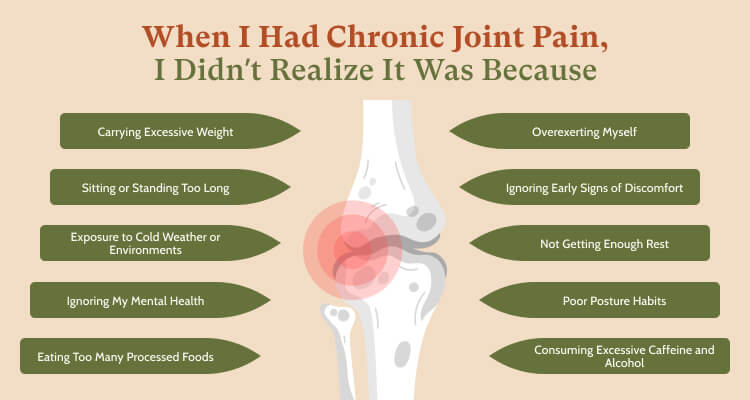
Here are some key don’ts for managing and preventing joint pain:
1. Avoid Overloading the Joints with Excessive Weight
Extra weight puts unnecessary strain on your joints, especially the knees, hips, and lower back. Excess weight accelerates wear and tear, leading to increased inflammation and pain. While some physical activity is essential, don’t overload your joints with high-impact exercises or long periods of standing or walking without rest.
2. Don’t Stay in One Position for Too Long
Sitting or standing in one position for extended periods can lead to stiffness and discomfort in the joints. Avoid long hours of sedentary activity like sitting at a desk, and take out at least 20 minutes of stretching regularly. Frequent movement increases blood circulation, prevents stiffness, and supports joint mobility.
3. Avoid Cold Environments or Cold Compresses
Cold weather can aggravate joint pain by causing blood vessels to constrict and reduce circulation. It can increase stiffness and inflammation. If you live in a colder climate, stay warm and avoid excessive exposure to cold temperatures. Cold compresses or ice packs can also worsen joint stiffness, so opt for warmth instead to improve circulation and reduce discomfort.
4. Don’t Neglect Your Mental Health
Emotional stress can exacerbate physical pain, including joint pain. Avoid letting stress build up without addressing it. Chronic stress leads to the overproduction of stress hormones, which in turn can heighten inflammation. Avoid overburdening your mind by incorporating stress management techniques such as meditation, yoga, and relaxation exercises into your daily routine.
5. Avoid Highly Processed Foods
Diet plays a major role in managing inflammation. Foods high in processed sugars, trans fats, and preservatives can increase inflammation, worsening joint pain. Avoid eating processed snacks, sugary foods, and foods with artificial ingredients. Instead, focus on a whole-food, anti-inflammatory diet rich in vegetables, fruits, whole grains, and healthy fats.
6. Don’t Overexert Yourself
Overdoing physical activity, especially without proper warm-up or cool-down routines, can result in joint strain. Avoid intense workouts or lifting heavy weights without appropriate form or guidance. It’s essential to maintain a balance between movement and rest. Pushing yourself too hard can lead to injuries or further joint damage.
7. Don’t Ignore Early Warning Signs
Joint pain is a signal from your body that something might be off. Ignoring early signs of discomfort or stiffness can lead to more severe issues down the line. If you feel pain or discomfort in your joints, don’t wait until it worsens. Seek guidance on how to manage your symptoms early on so you can prevent future complications.
8. Don’t Skip Your Rest
Rest is essential for healing and preventing further strain on your joints. Avoid the temptation to keep pushing through pain or discomfort. Chronic overuse without adequate recovery time can lead to long-term damage. Get enough sleep, as it’s during rest that your body repairs and rejuvenates itself.
9. Don’t Ignore Proper Posture
Poor posture can put undue stress on your joints, particularly in the spine, hips, and knees. Avoid slouching, leaning forward, or holding your body in awkward positions for long periods. Practice proper posture when sitting, standing, and walking to reduce unnecessary strain and support your joint health.
10. Don’t Consume Caffeine and Alcohol
Excessive caffeine and alcohol can dehydrate the body, leading to dry, stiff joints. Avoid consuming too much caffeine, especially in the form of sugary drinks or energy boosters. Similarly, drinking alcohol in excess can lead to inflammation and poor nutrient absorption, both of which can worsen joint pain. Ayurveda suggested to avoid these as much as possible.
The Bottom Line: Embrace Ayurveda for a Pain-Free Future
If you’re tired of feeling restricted by severe joint pain and inflammation, it’s time to take charge of your health with a holistic approach that focuses on healing from within. Ayurveda offers a sustainable, natural solution that addresses the underlying causes of pain, restoring balance to your body.
LYBL takes a unique, comprehensive approach to your health:
- Authentic, Time-Tested Medicine: Our Ayurvedic prescriptions have been used for thousands of years and are tailored to your unique physiology, lifestyle, and environment.
- Personalized Treatment Plans: Using an integrated database, we translate your symptoms into a comprehensive treatment plan, combining Ayurvedic medicines and lifestyle strategies.
- Complete Health Support: We offer lifestyle recommendations, customized yoga sequences, diet guidance, supplements, and talk therapy, all delivered via live online consultations with licensed Ayurvedic practitioners.
- Expert-Led Approach: Our platform combines the expertise of over two dozen specialists in health, technology, and Ayurveda, ensuring a personalized and effective treatment plan for your joint health.
Start your personalized Ayurvedic journey with LYBL today! Experience a custom plan designed to help you manage pain, reduce inflammation, and live a healthier, pain-free life.


